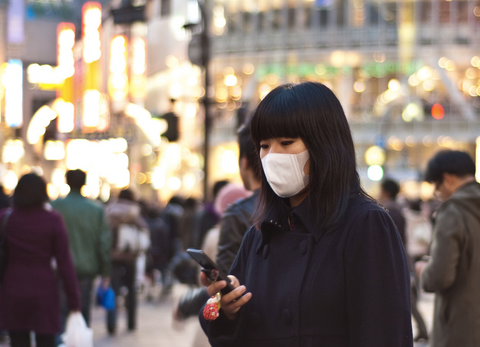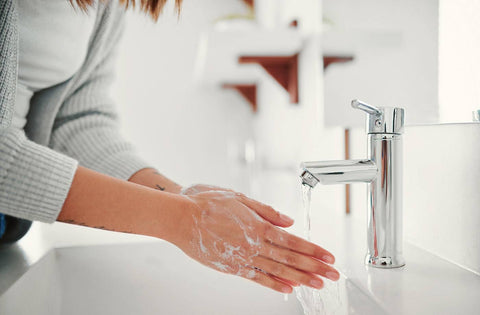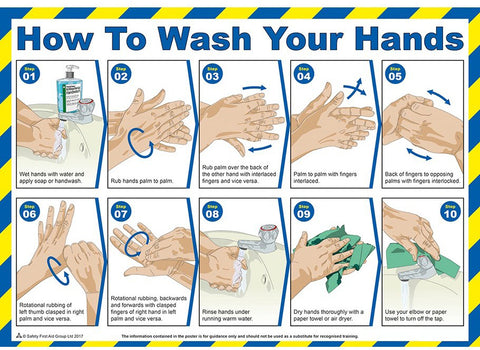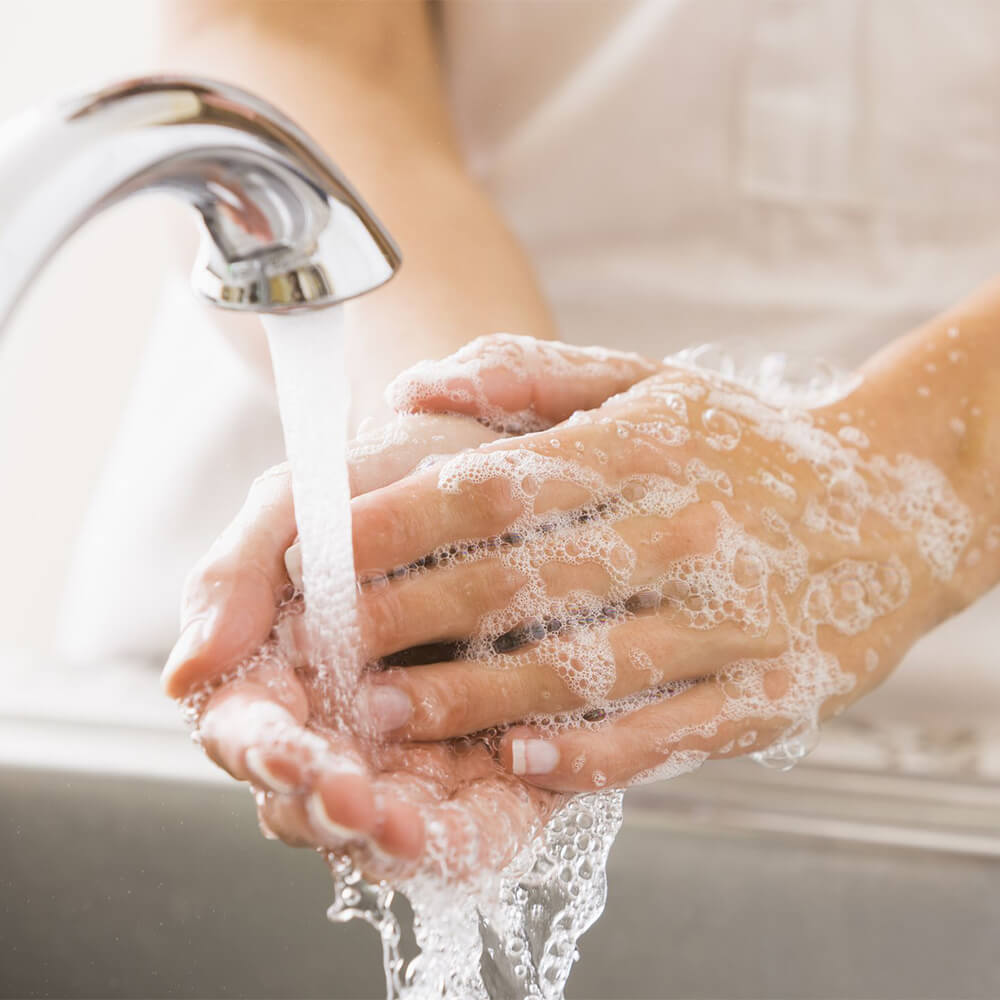
Studies have found that if hands are not completely dried after washing, the number of bacteria may increase without decreasing.
The new coronavirus pneumonia epidemic is haunting many countries around the world, and "masks" are regarded as one of the most important ways to prevent epidemics. As a result, masks are often in short supply in epidemic-stricken areas. However, medical experts recently called on people not to rush to buy masks, because wearing masks may not be an effective way to protect themselves from the invasion of new coronaviruses.
"Seriously remind people-stop buying masks!" Jerome Adams, the U.S. medical director, tweeted over the weekend: "They are not effective in preventing the public from contracting the coronavirus, but if medical workers cannot care for patients without them, this Will put them and our community at risk! "
With the spread of new coronal pneumonia (COVID-19, 2019 coronavirus disease, new coronavirus, etc.) to nearly 70 countries and regions around the world, people's concerns about the epidemic are also intensifying, and masks seem to have become essential for people to prevent epidemics. " "Equipment", the epidemic situation has reported that masks are out of stock.
However, epidemiologists and infectious disease experts have recently been reminding people to avoid unnecessary surges in mask purchases, especially as such hoarding will increase the possibility of medical staff shortages.
Adams' warning is in fact in line with medical advice from the Centers for Disease Control and Prevention (CDC). The CDC says there is no evidence that people can wear masks to prevent infection with the new coronavirus.
Adams recommended an easy way for everyone. "The best way to protect yourself and the community is to take daily precautions, such as staying home when you are sick, and washing your hands with soap and water to slow the spread of respiratory disease," he said.

"Not enough evidence" to support wearing a mask
David Heymann, from London, told a Chatham House press conference last month that there was not much evidence to support wearing a mask against viruses.
"Using a mask to stop infection is sometimes ineffective because people take it off when they eat, and many times they wear it improperly, and (and) if it gets wet, someone can sneeze through droplets (spread). "
During the SARS epidemic from 2002 to 2003, Hyman was responsible for the work of the WHO Infectious Diseases Department.
"One of the most important ways to stop such respiratory disease outbreaks is to wash your hands." Hyman said, because "if you touch the patient, if you shake hands, then you touch your face or your mouth, you will be infected."
"Therefore, hand washing is the most important thing. Secondly, be very careful when dealing with suspect patients, avoid face-to-face contact and wash your hands." He added: "It is very important that people understand and take some simple measures, You can prevent yourself from being infected. "
"Don't touch your face"
In recent days, confirmed cases of Wuhan pneumonia in South Korea, Italy, and Iran have all increased sharply. As of now, Antarctica is the only continent that has not reported similar cases.
Emily Landon, director of infection control medicine at the University of Chicago Medical Center, told CNBC late last week that masks are "not a good choice" for daily use.
"First of all, there are many different types of masks. Surgical masks that people wear don't seal well. It would be great if the patient puts on because it can stop the patient's secretions and protect everyone around. "
"But if you want to protect yourself, then the N95 mask ... would be better," Langdon said.
"It takes a (mask) try-on to know exactly which size to wear, and training on how to wear it properly, and they can become uncomfortable. So if it's just for wearing it to the public, it's not A good choice. "Langdon believes that keeping hands clean at all times and avoiding touching your face with your hands is an important part of antivirus.
"Keep your hands clean. Don't touch your face no matter what you are touching with your hand. This is very important to prevent infection, whether it is in the hospital, school or wherever you go."
Langdon tells people how to wash their hands and how to prevent them from drying out. "Wet your hands with warm water, wash your hands, and wipe all surfaces of (hands) with soap for 20 seconds, or sing the song" Happy Birthday "twice, and then rinse (with water)," she said.



